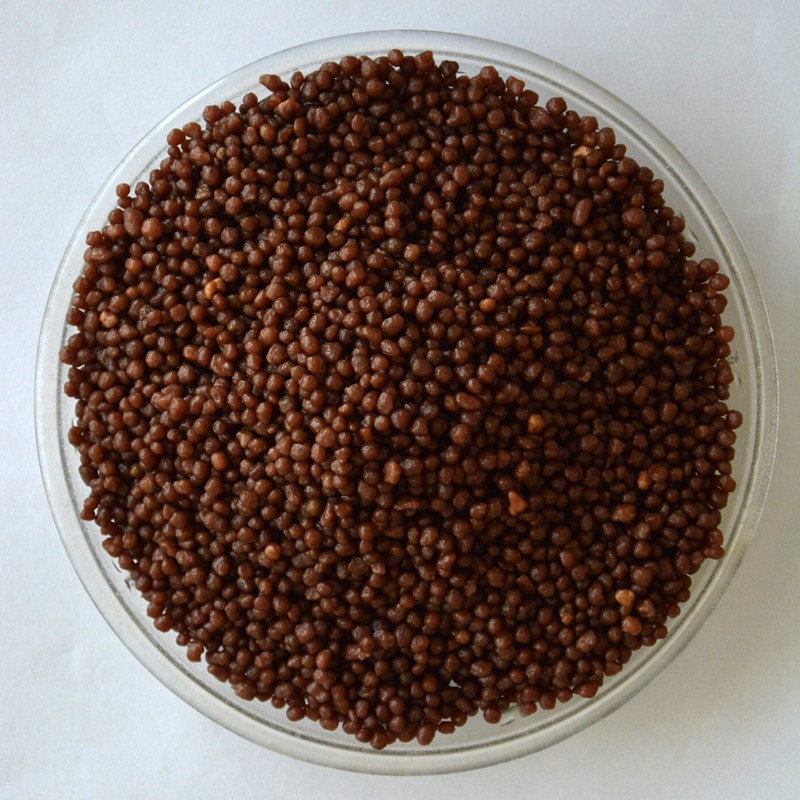
ديسمبر . 04, 2024 13:09 Back to list
NPK Enhanced Organic Fertilizer for Healthy Soil and Vibrant Plants
The Benefits of NPK Rich Organic Fertilizer A Comprehensive Guide
Organic fertilizers have gained considerable attention in recent years due to their numerous advantages over conventional chemical fertilizers. Among them, NPK rich organic fertilizers stand out, offering a balanced source of essential nutrients that plants require for healthy growth. NPK refers to the three key nutrients Nitrogen (N), Phosphorus (P), and Potassium (K). This article delves into the significance of NPK rich organic fertilizers, their benefits, and how to effectively utilize them for optimal plant growth.
What is NPK?
NPK is a set of three numbers found on fertilizer packaging, representing the percentage of Nitrogen, Phosphorus, and Potassium in the product. Each nutrient serves a unique purpose
1. Nitrogen (N) Crucial for the growth of leaves and stems, nitrogen is essential for photosynthesis. It promotes the production of chlorophyll, which plants use to convert sunlight into energy. A sufficient nitrogen supply encourages lush, green foliage.
2. Phosphorus (P) This nutrient plays a vital role in energy transfer and photosynthesis. It is particularly important during the flowering and fruiting stages, as it helps establish a strong root system and enhances overall plant resilience.
3. Potassium (K) Potassium supports various physiological processes, including water regulation, enzyme activation, and disease resistance. It helps plants withstand stress conditions, making them more resilient to drought and disease.
Benefits of NPK Rich Organic Fertilizer
1. Sustainable Nutrient Delivery NPK rich organic fertilizers release nutrients slowly, providing plants with a steady supply of essential elements over time. This gradual release reduces the risk of nutrient leaching and ensures that plants can absorb nutrients as needed.
2. Soil Health Improvement Organic fertilizers enhance soil structure and fertility. They increase microbial activity, promote the formation of organic matter, and improve water retention. Healthier soil is crucial for robust plant growth and sustainable agriculture.
3. Reduced Environmental Impact Unlike conventional fertilizers, which can contribute to water pollution through runoff, NPK rich organic fertilizers offer a more environmentally friendly alternative. They minimize the risk of nutrient overload in water bodies, helping to protect ecosystems.
npk rich organic fertilizer

4. Enhanced Plant Health The integration of organic matter in NPK rich fertilizers enhances the overall health of plants. Healthier plants are less susceptible to pests and diseases, reducing the need for chemical pesticides and herbicides.
5. Biodiversity Support Organic fertilizers contribute to a balanced ecosystem. They support beneficial microorganisms and earthworms, promoting biodiversity and a thriving soil ecosystem that ultimately benefits plant health.
How to Use NPK Rich Organic Fertilizer
To achieve the best results with NPK rich organic fertilizers, consider the following guidelines
- Soil Testing Before applying fertilizer, conduct a soil test to determine the nutrient content and pH levels. This information will help you choose the right NPK ratio for your specific soil needs.
- Application Timing Apply NPK rich organic fertilizer during the growing season, ideally just before planting or during the active growth phase of your plants. This ensures that nutrient availability aligns with plants’ growth demands.
- Follow Recommendations Adhere to the application rates recommended on the product label. Over-fertilization can lead to nutrient imbalances, adversely affecting plant health and the environment.
- Combine with Other Practices NPK rich organic fertilizers work best when combined with other sustainable agriculture practices. Crop rotation, cover cropping, and composting can enhance soil quality and improve nutrient availability.
Conclusion
NPK rich organic fertilizers offer a plethora of benefits, making them an excellent choice for both home gardeners and commercial farmers alike. By understanding the role of essential nutrients and applying them judiciously, individuals can promote sustainable agricultural practices, enhance soil health, and support vibrant plant growth. Embracing organic fertilizers is not just a step towards healthier plants, but also a commitment to environmental stewardship and sustainable farming practices.
-
Premium Organic Manure Compost for Eco Gardens
NewsAug.01,2025
-
Organic 10-10-10 Fertilizer | Balanced Plant Nutrients
NewsJul.31,2025
-
Premium Amino Acid Fertilizer | Rapid Plant Growth Booster
NewsJul.31,2025
-
10 10 10 Fertilizer Organic—Balanced NPK for All Plants
NewsJul.30,2025
-
Premium 10 10 10 Fertilizer Organic for Balanced Plant Growth
NewsJul.29,2025
-
Premium 10 10 10 Fertilizer Organic for Balanced Plant Growth
NewsJul.29,2025
